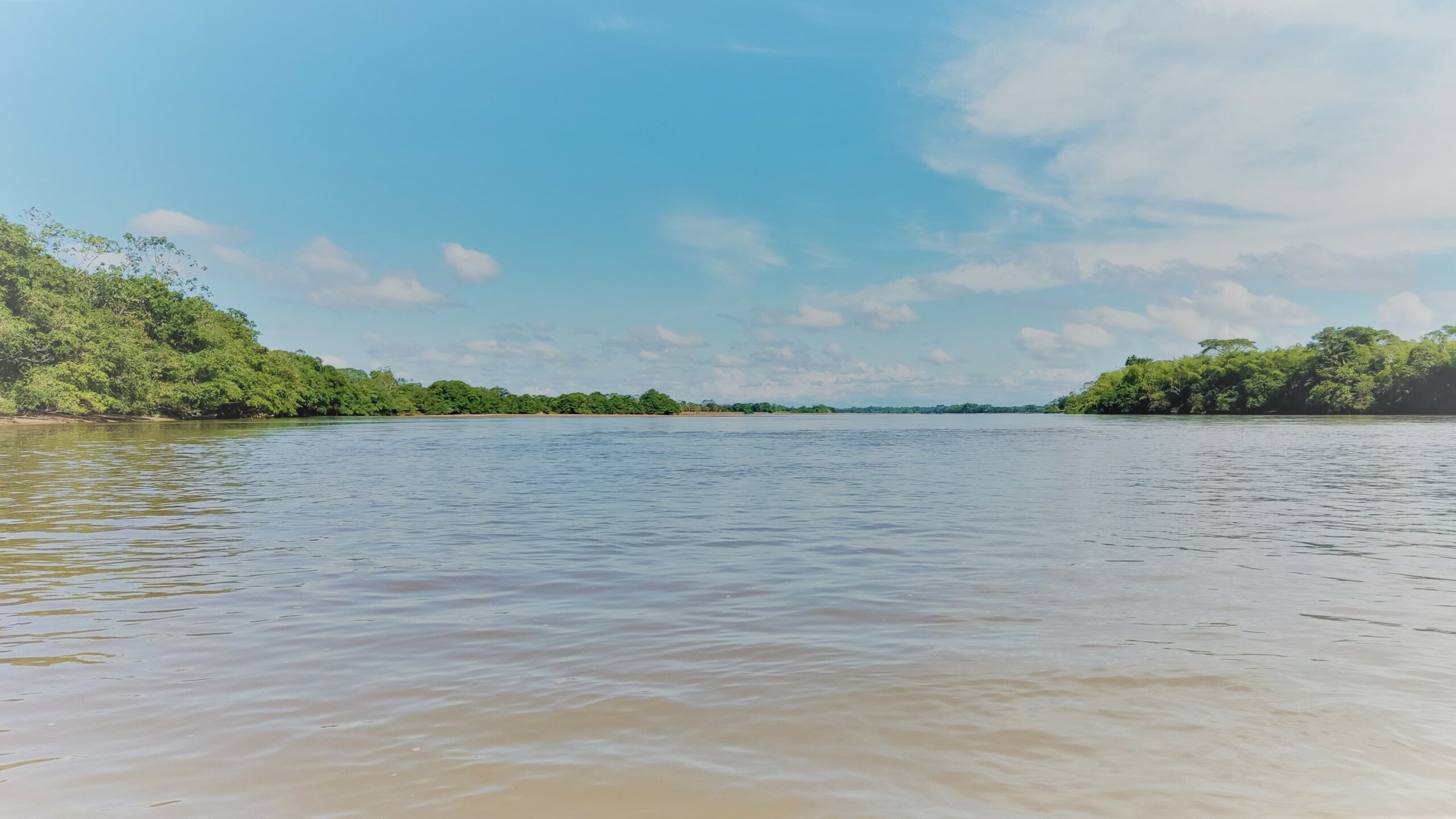La déclaration contre l’utilisation de bois namibien en tant que combustible dans les centrales électriques et thermiques allemandes

Hambourg, le 9 octobre 2020 – Le ministère de l’Environnement et de l’Énergie ainsi que Wärme Hamburg GmbH (la société de production et de distribution thermique appartenant à la Ville de Hambourg) évaluent actuellement une proposition visant à importer une grande quantité de bois namibien pour la production d’énergie. Ceci est basé sur un Mémorandum d’entente (MoU de son acronyme anglais) daté du 2 juin 2020. Ce bois serait utilisé comme combustible dans les centrales électriques et thermiques de Hambourg, telles que Tiefstack.
Continuez à lire en anglais…
The project contradicts the principles approved by Hamburg’s energy network referendum on 22nd September 2013. The referendum voted in favour of a “mandatory target of a socially just, climate-friendly and democratically controlled energy supply from renewable sources.” Importing Namibian bushwood for energy is clearly not climate-friendly. This is due not just to the long transport distance but also to the land use changes in Namibia that would result from it.The proposed project is not socially just. Industrial-scale bushwood harvest in Namibia would create some new jobs, but destroy many existing jobs in bushwood removal, as well as small and medium-sized enterprises. Unemployment is already extremely high in Namibia, and there is no public social security for those unemployed. Corporations based in the global North, on the other hand, would profit from the project by selling machinery and transport vehicle and acquiring resources (i.e. wood). The vast majority gains from the value chain would thus occur outside Namibia. On the other hand, the processing and use of bushwood inside Namibia would create many new jobs.
According to the timetable set out in the MoU, a public discussion in Hamburg is only expected once an in principle decision has been made. The referendum vote, however, required democratic control. In Namibia, important stakeholders and civil society have so far not – or not adequately – been involved in the discussions.
The German Development Cooperation GmbH (GIZ) and the Hamburg Ministry for Environment and Energy (BUKEA) are on the wrong path with this project that they are pursuing. It would involve replacing hard coal – which harms the climate and has highly problematic social impacts – with a no less problematic use of biomass for energy.
We demand a rapid transition to a 100% renewable heat system, without the import of biomass from the global South both – in Hamburg and elsewhere.
The signatories of this statement therefore reject the project “Transcontinental Biomass Partnerhsip Namibia-Hamburg“ proposed by GIZ and will oppose it being realised.
Signatories from Germany:
ARA (Arbeitsgemeinschaft Regenwald und Artenschutz e.V.)Wolfgang Kuhlmann, Geschäftsführer
Arbeitskreis HAMBURG POSTKOLONIAL
Centre for Econics and Ecosystem Management at Eberswalde University for Sustainable Development and at Writtle University College, Prof. Dr. Pierre Ibisch und Prof. Peter Hobson
Denkhausbremen e.V., Peter Gerhardt, Geschäftsführer
ecodevelop, Hans Christian Offer, Geschäftsführer
Ende Gelände, Ortsgruppe Hamburg
Forum Ökologie & Papier, Evelyn Schönheit, Umweltwissenschaftlerin
Forum Umwelt und Entwicklung, Jürgen Maier, Geschäftsführer
Hamburger Energietisch e.V, .Bernd Liefke, Vorstand
Lehrstuhl „Globale Klimapolitik“ an der Universität Hamburg, Prof. Dr. Franziska Müller, Tobias Kalt, Imeh Ituen, Nina Glatzer
NaturFreunde Hamburg e.V., Helene Hohmeier, Vorsitzende
Rettet den Regenwald e.V., Marianne Klute, Vorsitzende
ROBIN WOOD e.V., Heike Schoon, Vorstand
University of Kassel, Faculty of Social Sciences, Prof. Dr. Aram Ziai, Heisenberg-Professorship Development and Postcolonial Studies – Executive Director Global Partnership Network
Signatories from outside Germany:
Biofuelwatch UK/US, Almuth Ernsting, Co-Director
Earthlife Namibia, Bertchen Kohrs, Chair
Fern, Katja Garson
Global Forest Coalition, Simone Lovera, Executive Director










